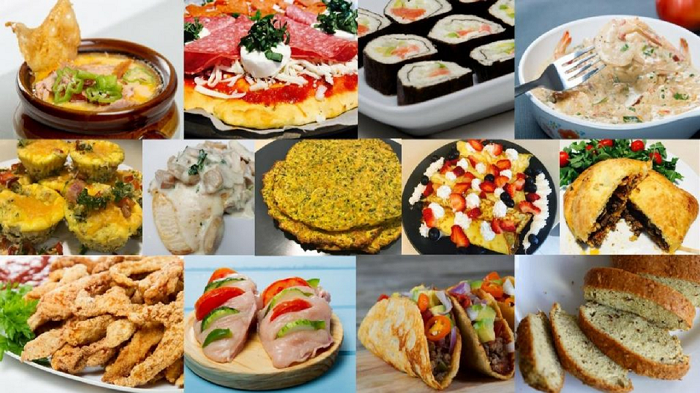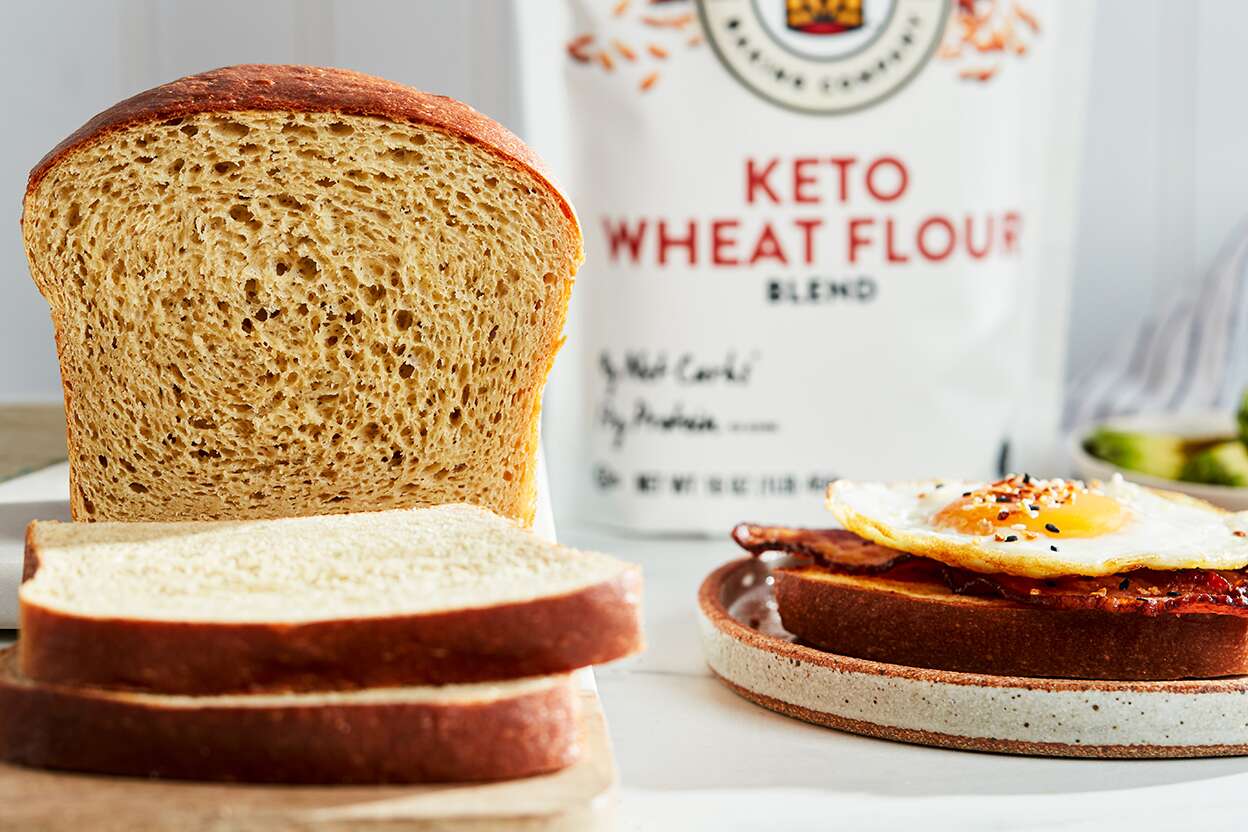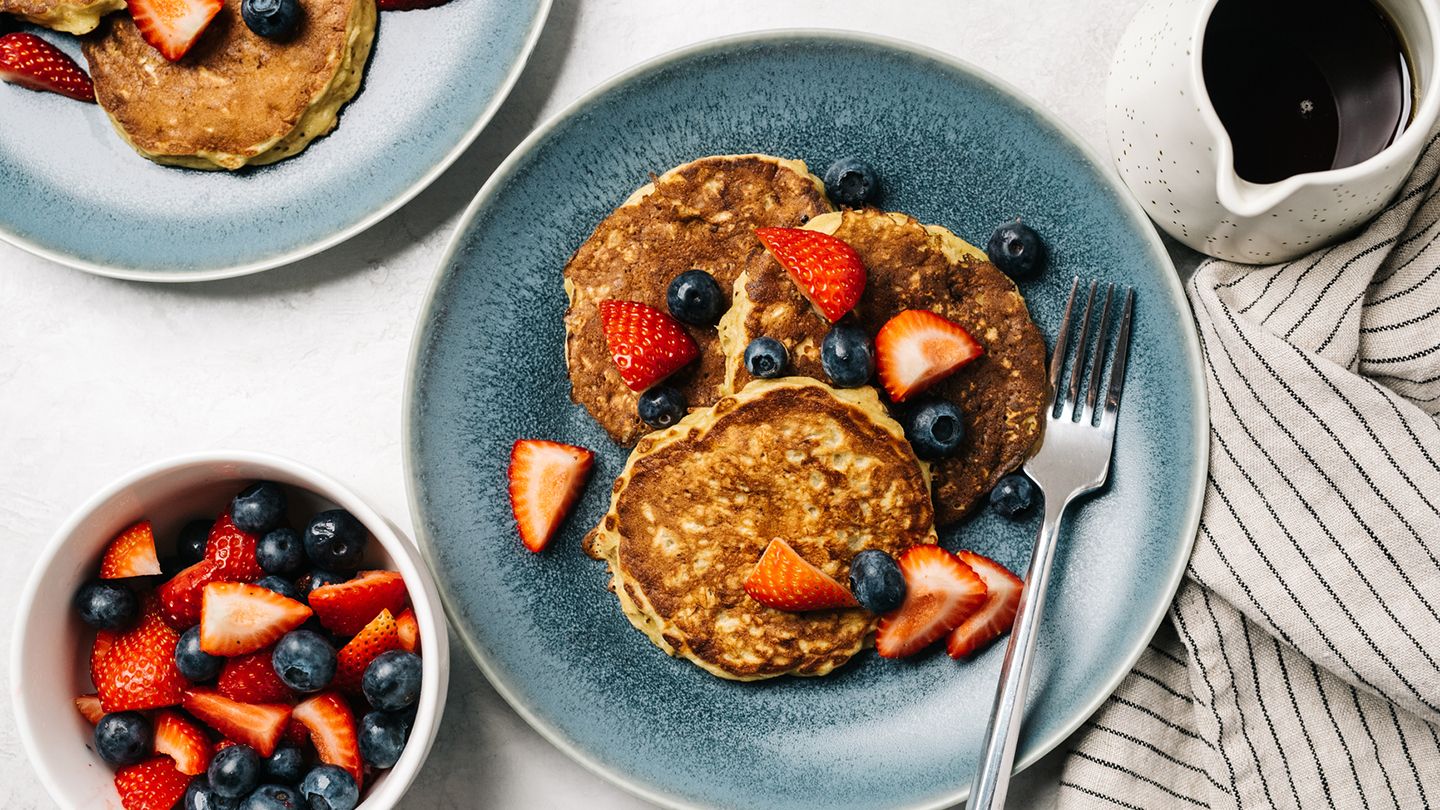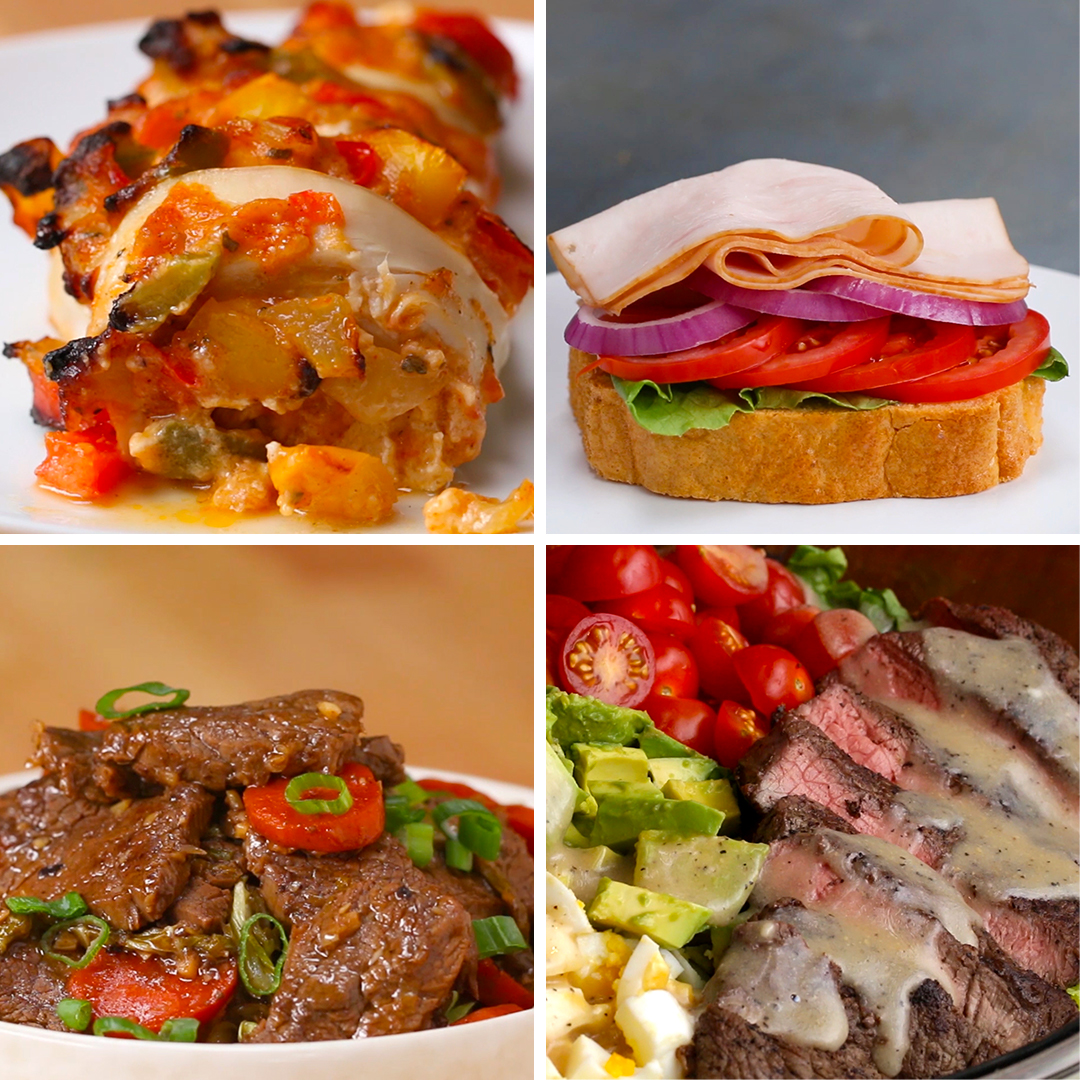Keto Meal Plan
A ketogenic diet consists of 60–80% fat, 10–30% protein, and no more than 5–10% — or 20–50 grams — of carbohydrates per day. High fat, low carb meals such as eggs, meats, dairy, and low carb veggies, as well as sugar-free drinks, should be prioritized. The ketogenic diet’s popularity has made it simpler than ever to locate a diverse range of intriguing and healthful ketogenic easy recipes online.
Since the keto diet may not have been appropriate for certain people who have high cholesterol or have heart disease, visit a nutritionist, physician, or another trained healthcare practitioner before beginning the keto diet to confirm it is safe for you.
Vegetarian and vegan keto meals
Following a keto diet can be difficult for vegetarians and vegans since the majority of the energy in such diets originates from carbs. Even non-animal protein sources, including peas and soybeans, are frequently heavy in carbohydrates.
Animal products make up a substantial amount of meals on the normal keto diet since they are typically high in saturated fat, full of protein, and low carb.
It is able to trace a vegetarian or vegan ketogenic diet, albeit it is difficult. Those who do not consume meat or fish can substitute high-fat plant-based diets. Vegetarians can also consume eggs and some types of milk as part of their diet.
Food items that are suitable to follow the ketogenic diet
There are some food items that are suitable for those who are following a strict ketogenic diet. Consume lots of whole meals and avoid processed meals and trans fats wherever feasible. The following food items should be suitable for the ketogenic diet:
- Condiments: spices, fresh herbs, lemon juice, salt, pepper, vinegar
- Avocados: Snacks, Whole avocados can be added to almost any meal or
- Eggs
- Meat: bison, organ meats, beef, pork, venison
- Full-fat dairy: unsweetened yogurt, butter, and cream
- Full-fat cheese: cream cheese, goat cheese, cream cheese cheddar, brie, mozzarella
- Poultry: chicken and turkey
- Nut butter: no-sugar-added peanut, almond, and cashew kinds of butter
- Oils rich in healthy fats: sesame oil, avocado oil, olive oil
- Fatty fish: salmon, herring, and mackerel
- Nuts and seeds: flaxseeds, peanuts, macadamia nuts, pumpkin seeds, almonds, walnuts
- Non-starchy vegetables: peppers, tomatoes, mushrooms, greens, broccoli
Food items that are not suitable for the ketogenic diet
When maintaining a ketogenic diet, it’s advisable to avoid or reduce carbohydrate-rich meals wherever feasible. Though carbohydrates should be limited, low glycemic fruits like berries can be consumed in moderation as long as you maintain a low carb dieting variety of carbohydrates (carbs, protein, fat).
- High carb sauces: Dipping sauces, sugary salad dressings, ketchup, honey mustard, Barbecue sauce
- Grains and grain products: tortillas, cereals, rice, oats, breakfast, wheat
- Starchy vegetables: potatoes, pumpkin, corn, peas, sweet potatoes, butternut squash
- Beans and legumes: kidney beans, chickpeas, black beans, lentils, black beans
- Bread and baked goods: white bread, rolls, cookies, whole wheat bread, doughnuts, crackers
- Sweetened beverages: sweetened teas, soda, juice, sports drinks
- Pasta: spaghetti and other noodles
- Fruit: citrus, grapes, bananas, and pineapple
- Sweets and sugary foods: coconut sugar, maple syrup, honey, sugar, ice cream, candy, agave syrup
- Certain alcoholic drinks: beer, wine, vodka, and sugary mixed drinks
Also Read – 7 Best Keto Protein Powder
Keto-friendly beverages
Sugar is present in many beverages, such as soda, juice, iced tea, and coffees. High-carb beverages, like high-carb meals, should be limited or avoided when on a ketogenic diet. Sugary drinks have been related to a variety of health issues, ranging from overweight to a higher risk of chronic disease (type 2 diabetes).
Although alcohol should be consumed in moderation, the keto diet allows for the odd low-carb cocktail such as vodka or tequila blended with soda water. For those following the keto diet, there are several tempting sugar-free choices. Keto-friendly beverages include the following:
- Water: Water is one of the finest hydration options and therefore should be drunk throughout the day.
- Sparkling water: If you are a soda lover, try to avoid that. You can use sparkling water, as it is a good soda substitute.
- Unsweetened coffee: For adding more flavor to the cup of coffee, try to add heavy cream.
- Unsweetened green tea: Green tea is tasty and may have several health advantages.
Some Notes
Since many keto diets are based on animal proteins, there are numerous vegetarian choices available as well. If you’re on a less liberal keto, a bowl of berries for breakfast or a modest dish of a starchy vegetable for supper will boost the number of carbohydrates in this diet plan.
Keto snacks must be full of fat, mild in proteins, and low in carbohydrates. Snacking on sliced, low-carb veggies with a high-fat dipping sauce will help you obtain more fiber.
Summary
The keto diet is rich in fat, mild in protein, and low in carbohydrates. People who follow it should try to consume less than 50 g of total carbohydrates each day. Meals are often composed of animal proteins, plant and animal fats, and nonstarchy veggies.
Meal planning is essential for the ketogenic diet in order to stick to the optimal macronutrient ratios, reach fiber targets, and avoid hunger. It might also be beneficial to consult with a doctor or a dietician to avoid nutritional deficits.
7 Best Keto Products- Snacks, Product And More | If You Are Starting to Eat Keto, Try These Products



